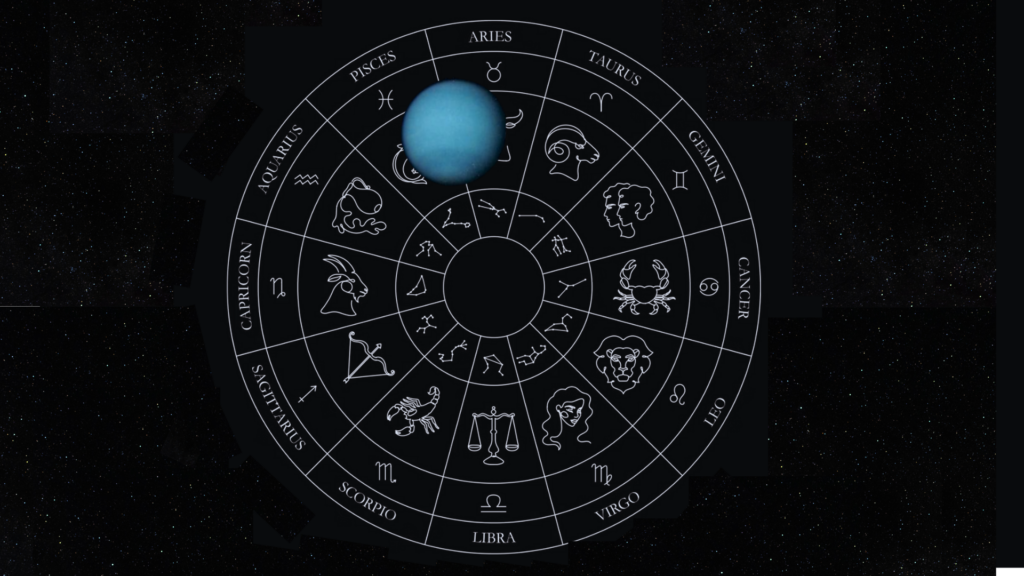#cosmic-events
#cosmic-events
[ follow ]
#astrology #astronomy #personal-growth #black-holes #astrophysics #meteor-shower #perseid-meteor-shower
fromYoga Journal
6 months agoSaturn Just Went Retrograde. Here's What You Can Expect in The Coming Months.
Saturn retrograde encourages us to examine deeper aspects of our relationship with success, responsibility, and authority. It creates a space for reflection and realignment with our intrinsic motivations.
Mindfulness
[ Load more ]



